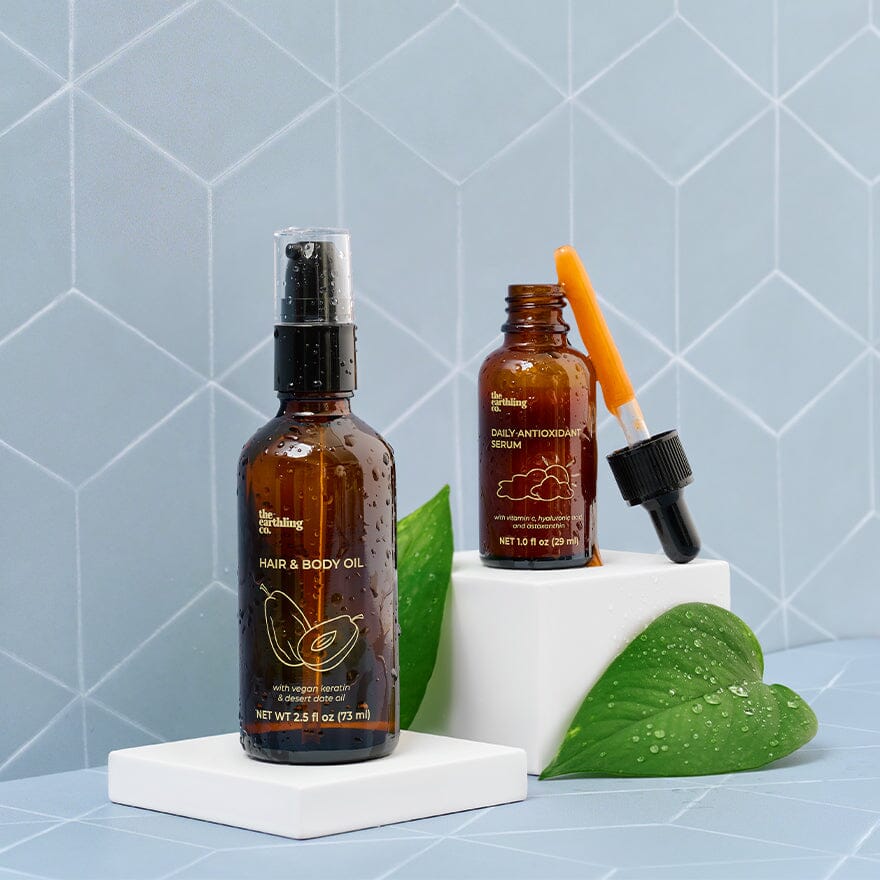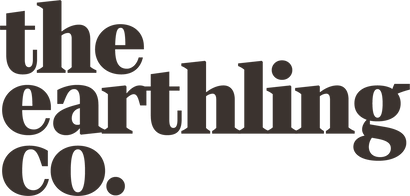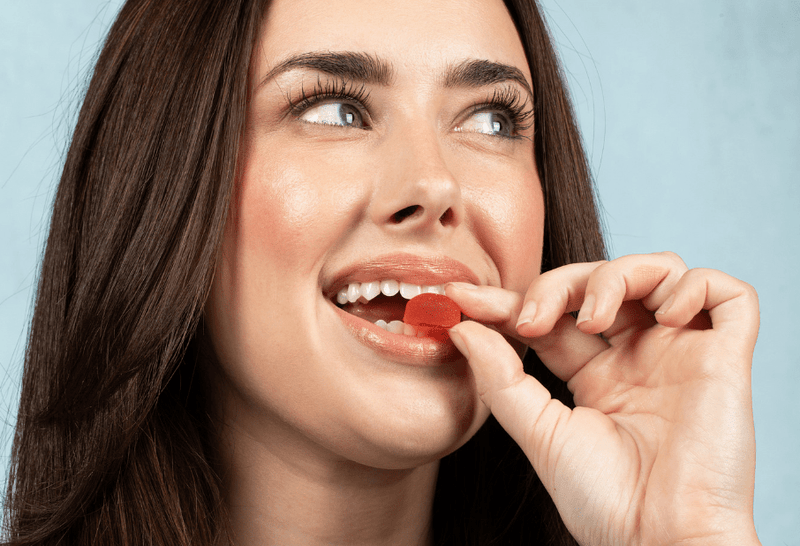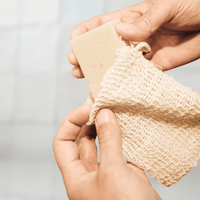
“Clean beauty” has certainly been a hot topic in the past few years, but with new trends comes new marketing tactics to capitalize on the trend, making it difficult to know what’s actually clean and what’s just a masquerade. But even more importantly, it’s not always obvious why an ingredient isn’t great for you.
In the US, regulation on beauty products is not strict. In fact, there are only 11 cosmetic ingredients currently banned by the FDA, whereas in the EU, over 1,300 ingredients are banned. Unfortunately, that means the individual consumer is left to their own devices to research and decipher which products are safe. So, we put together this guide to help you navigate clean beauty.
Common clean beauty marketing buzzwords
To understand how to identify clean beauty, you first have to know how labels and marketing work in the US. Very little is regulated in terms of claims. A product can be called “clean” with no evaluation. Companies can even call something “organic” without review, but it’s only genuinely organic if it’s Certified Organic.
Think about all the claims you see on products when walking through the beauty aisle: green, eco, natural, bio, sustainable, non-toxic … the list goes on. Essentially none of these claims are regulated, except for USDA Organic. So, how do you know what’s authentic and what’s just greenwashing? You have to get familiar with ingredients.
Ingredients to watch for
While reading ingredient labels isn’t always easy, it’s an important skill to hone so that you can identify what products are right for you and which might not be the best. Here are some of the ingredients we recommend watching out for:
Parabens
These are usually included in formulas as preservatives, particularly for water-based products. Parabens are known to mimic our hormones, which can cause imbalances and even affect fertility. They can also be irritating to the skin. While preservatives are often necessary to preserve watery formulas and prevent cross-contamination from our fingers, there are plenty that do more harm than good when it comes to our skin.
Instead of parabens, we use naturally derived ingredients for preservatives when needed. Sodium levulinate, which is derived from sugar cane, keeps our Daily Antioxidant Serum stable. Potassium sorbate is another natural preservative that’s known for its antimicrobial qualities. It’s gentle yet effective, and it comes from certain trees.
Sulfates
Sulfates are surfactants used in shampoos and cleaning products. They are cleansing ingredients that are often responsible for the suds you’re familiar with in shampoos. We avoid the two most common sulfates, sodium lauryl sulfate and sodium laureth sulfate, due to how harsh and irritating they can be.
Instead, we use a coconut-derived surfactant for our shampoo bars, called sodium cocoyl isethionate (SCI). SCI is still an effective cleansing agent that forms a lovely lather, but it is less irritating and even helps hydrate the hair as it cleanses.
Fragrance
When looking at a product label, can you recall seeing “fragrance” or “parfum” on the ingredient list? That’s right: fragrance is yet another unregulated term, and it can encompass a number of ingredients even if it only appears as a single ingredient in the list. Over 3,000 words can fall under this label, which means there could be plenty of harmful ingredients in there that don’t agree with your skin. And, fragrances are often derived from petroleum based materials or extracts.
With all of this in mind, we do want to note that there is a difference between synthetic and natural fragrances which isn’t always easy to uncover. For example, we use plant-based natural fragrances, they are derived from scent isolates of essential oils. Despite this, to comply with federal regulations we have to list it as parfum. We wrote a blog post explaining this process if you'd like to learn more >> Natural Fragrances vs. Synthetic Fragrances.

Why clean beauty matters
You may be asking yourself: “Why should I care about clean beauty, anyway?” This is a fair question! Clean beauty, at its best, strives to limit irritating and harmful ingredients. This means clean beauty products are formulated with only the best ingredients that will preserve your skin barrier, protect your dermis, and help provide for all your individual skincare needs, from acne care to hydration. It also means that the products are created with the environment in mind, hopefully coming in plastic-free packaging and manufactured with naturally derived ingredients.
How to start your clean beauty routine
If you’re new to clean beauty, it might feel overwhelming to figure out how to adapt your routine. We recommend starting with something that’s simple to replace, like lip balm. Because you use lip balm on your mouth, it’s important that it’s made with clean, safe ingredients, because it’s more likely to enter your bloodstream and also get ingested. Other products to consider are those that use a larger surface area, like shampoo and conditioner or body wash.





